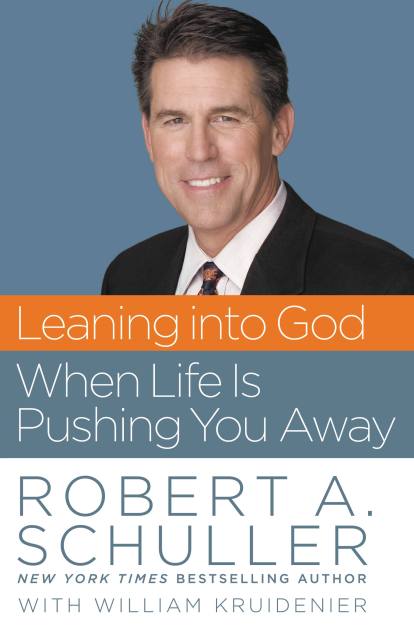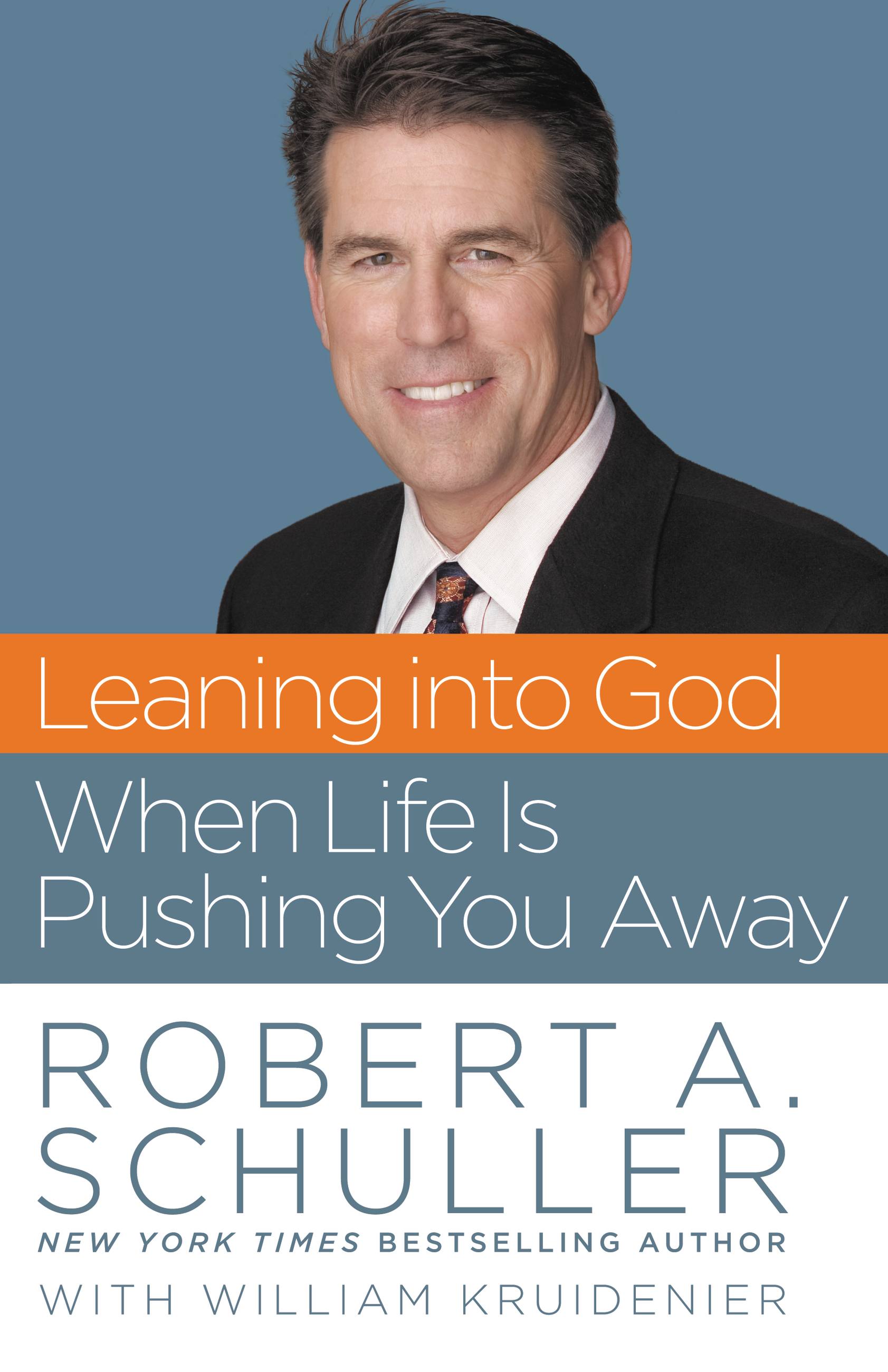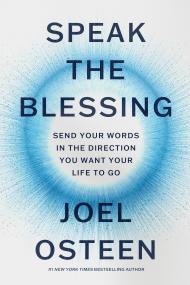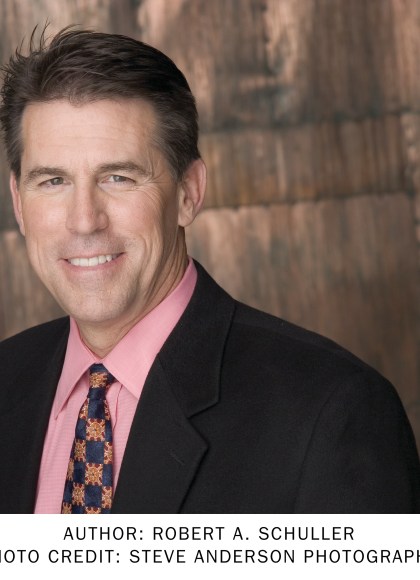By clicking “Accept,” you agree to the use of cookies and similar technologies on your device as set forth in our Cookie Policy and our Privacy Policy. Please note that certain cookies are essential for this website to function properly and do not require user consent to be deployed.
Leaning into God When Life Is Pushing You Away
Contributors
With William Kruidenier
Formats and Prices
- On Sale
- Nov 12, 2009
- Page Count
- 272 pages
- Publisher
- FaithWords
- ISBN-13
- 9780446558358
Price
$8.99Price
$11.99 CADFormat
Format:
ebook (Digital original) $8.99 $11.99 CADThis item is a preorder. Your payment method will be charged immediately, and the product is expected to ship on or around November 12, 2009. This date is subject to change due to shipping delays beyond our control.
Buy from Other Retailers:
The good news is that when His people are struggling, God stays close. There are many ways to reestablish a dynamic connection with Him. Schuller calls these “Connection Corrections” and leads readers through identifying communication barriers and how to break them. Each chapter delves into the reasons readers fail to connect with God, how to begin repairing the broken wires, and the life-altering benefits of restoring a positive, power-filled relationship with Him. Readers who feel adrift from God will no find that no barrier is too big to keep them from a close, loving relationship with Him.
Newsletter Signup
By clicking ‘Sign Up,’ I acknowledge that I have read and agree to Hachette Book Group’s Privacy Policy and Terms of Use







